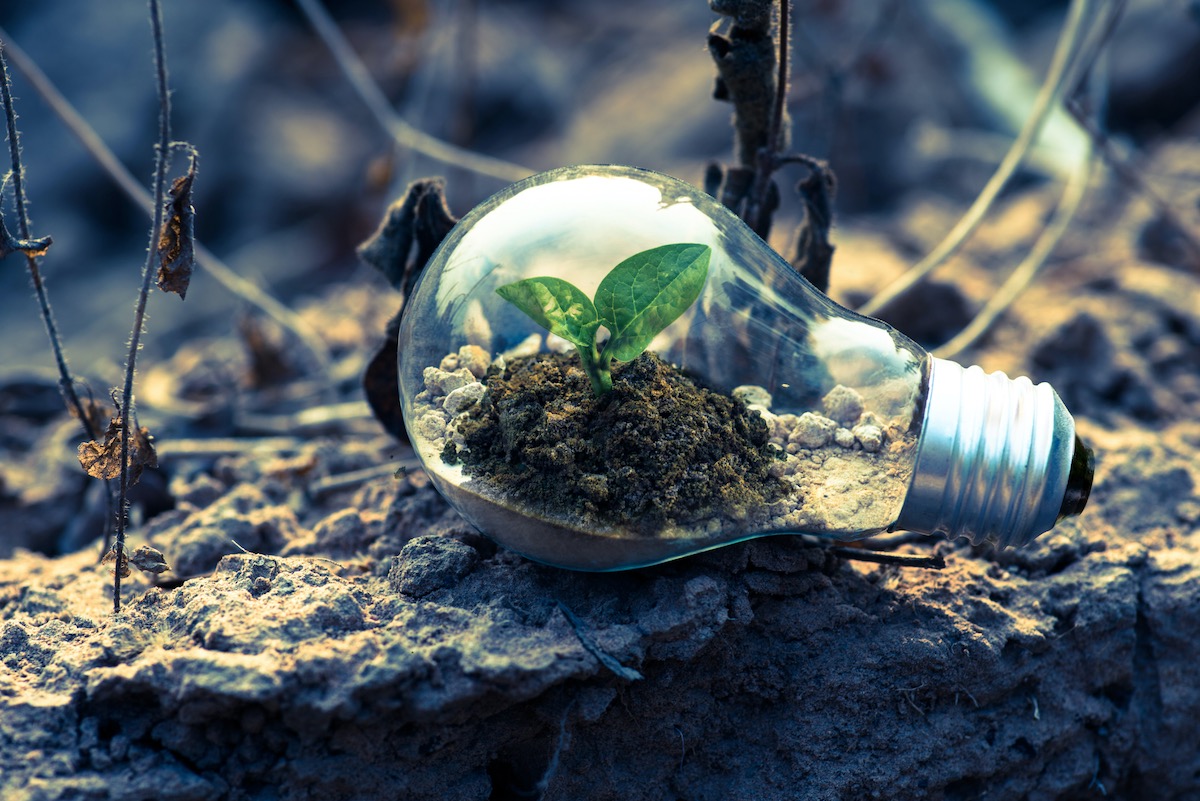How asset recovery can support the fight against wildlife trafficking

In the third article in our series of perspectives on illegal wildlife trade (IWT) and financial crime, produced in collaboration with the International Academy of Financial Crime Litigators, Gretta Fenner explores the role of asset recovery in combating wildlife trafficking.
She asks: Should assets recovered from corrupt practices linked to wildlife trafficking be channelled into conservation and counter-IWT enforcement efforts? What are the pros and cons, and have there been any examples of this type of strategy?
Gretta Fenner is a Founding Fellow of the International Academy of Financial Crime Litigators and the Basel Institute acts as its Secretariat.
Can asset recovery support the fight against illegal wildlife trade?
The short answer: yes
It seems fair to use assets recovered from convicted criminals to benefit the victims of their crimes. This helps make up for the damage they suffered. It also makes sense to use recovered assets to prevent similar crimes from occurring in the future.
So yes, assets recovered from corrupt practices linked to wildlife trafficking should in many cases – though of course not all – be channeled into conservation and counter-IWT enforcement efforts.
Putting recovered funds to good use
There are precedents in other areas of asset recovery. For example, money stolen from Peru and recovered from bank accounts in Luxembourg and Switzerland is now being used to strengthen Peru’s asset recovery system. That stolen money is paying for investments in electronic case management systems and in building a strong asset recovery team – both of which will help the country investigate and prosecute cases of grand corruption in the future.
Translated into the world of illegal wildlife trade (IWT), this means using recovered assets to empower IWT enforcement agencies. We would put a strong emphasis not only on anti-poaching measures but on developing their financial investigation skills and ability to bring money laundering cases against the highest-level traffickers and facilitators. Hitting these criminals where it hurts most – in their finances – is a powerful tool to interrupt illegal trade.
Stolen assets for sustainable development
Recovered assets could also be used to invest in socio-economic development of communities exposed to IWT. For example, building tourism and agricultural infrastructure in these areas will give more poachers a viable and legitimate way to provide for their families – because as our research team is uncovering, the reasons why people turn to poaching and trafficking are not as simple as they seem.
In any case, it is critical that recovered assets from IWT or other crimes don’t just disappear into the black hole of public coffers. They should be used in such a way that people see a tangible value in fighting the crime both on the ground and in the financial sphere, where the high-level criminals and corrupt actors lurk.
To view the alternative perspective on this topic by Keith Oliver, Head of International at Peters & Peters Solicitors LLP together with his colleague Amalia Neenan, Legal Researcher, see The Academy's website or download the PDF. Keith Oliver is a Founding Fellow of The International Academy of Financial Crime Litigators.



